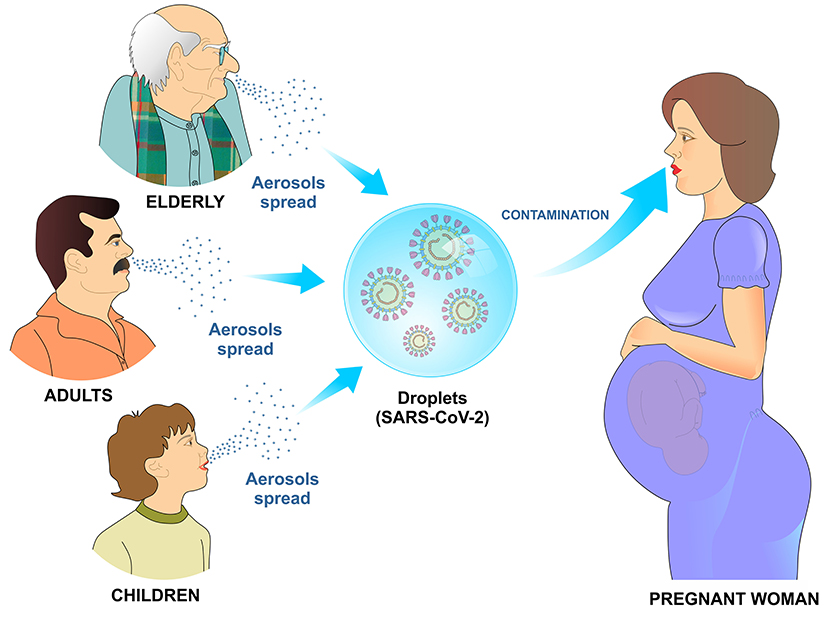Let’s dive into some eye-opening research led by UCLA, unpacking the concerning link between unvaccinated pregnant moms contracting COVID-19 and an increased risk of respiratory distress in their newborns. In this piece, we’ll break down the key findings and stress the vital role of COVID-19 vaccination for expectant moms.
Body:
A recent study out of the University of California, Los Angeles (UCLA) has brought forth some compelling insights involving 221 mothers, shining a light on the potential risks associated with COVID-19 for infants born to unvaccinated pregnant women. Published in Nature Communications, the study reveals a threefold increase in the likelihood of respiratory distress for newborns whose mothers were both unvaccinated and contracted COVID-19 during pregnancy.
Key Discoveries:
Among the participants, a significant 68% were unvaccinated before catching the virus, and the majority hailed from Black, Hispanic, or Latina backgrounds. Intriguingly, none of the babies born during the study period tested positive for COVID-19. What stood out were markedly higher rates of respiratory distress in full-term babies born to moms who were unvaccinated and battled COVID-19 during pregnancy.
The Protective Power of Vaccination:
One of the study’s crucial takeaways is the protective role that vaccination plays in mitigating complications. Newborns born to mothers who had received at least one COVID-19 vaccine dose before contracting the virus demonstrated a notably lower risk of developing respiratory distress. This underscores the importance of expectant moms getting vaccinated to safeguard both their health and that of their newborns.
Statistics and Words of Caution:
The study revealed that 17% of infants exposed to COVID-19 experienced respiratory distress, compared to 5-6% in those not exposed. Unvaccinated participants had a 16% incidence of severe or critical COVID-19, while their vaccinated counterparts had a significantly lower rate at 4%. However, the researchers wisely cautioned that the findings should be taken with a grain of salt due to the study’s small sample size, primarily consisting of individuals from a medical center dealing with severe cases.
Insights from Experts:
Experts, including Kevin Ault, a professor and chair of obstetrics and gynecology at Western Michigan University, underscore the significance of the study despite its limitations. Ault notes that vaccinated pregnant individuals can pass antibodies to their babies, providing protection for at least six months.
In Conclusion:
As we continue navigating the twists and turns of the ongoing COVID-19 pandemic, this study serves as a poignant reminder of the critical importance of vaccination for pregnant individuals. Ongoing research keeps shedding light on new facets of the virus’s impact on both moms and newborns. Stay informed, prioritize vaccination, and contribute to a healthier future for all.















































